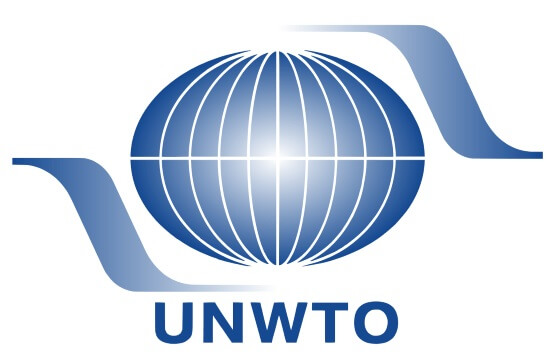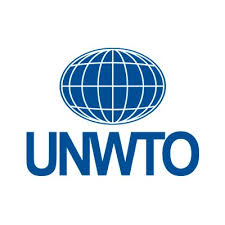
Silk Road destinations committed to sustainable tourism
The 7th UNWTO Silk Road Ministers Meeting held at ITB Berlin on 8 March 2017 focused on how to foster sustainable tourism development along the Silk Road. Held within the framework of the International Year of Sustainable Tourism for Development 2017, 31 countries from the Silk Road and beyond exchanged best-practices on how to advance the contribution of tourism to the Sustainable Development Goals (SDGs).
Addressing the meeting and setting the tone for the ministerial debate, UNWTO Secretary-General, Taleb Rifai, said “2015 was a landmark year with the approval of the universal SDGs by the international community. Tourism can contribute to all 17 Goals. Indeed, if properly managed, tourism can positively help address all the interconnected challenges facing people and planet including ending poverty, promoting gender equality, fostering jobs and inclusive growth and fighting climate change”.
Moderated by Christa Larwood from the BBC, ministers and high level officials shared their views and experiences in promoting sustainable tourism, in areas of heritage protection, community participation, sustainable business practices and the development of niche tourism itineraries and products. Two presentations, the celebration of the World Nomad Games in Kyrgyzstan and community integration in West Bengal (India), highlighted the potential and multiple benefits to be derived from a sustainable tourism path.
Important input was also contributed by UNWTO Affiliate Member, TripAdvisor, who presented the findings of the TripAdvisor Travel Trends for the Silk Road 2017. For the second consecutive year, TripAdvisor conducted a specialised consumer survey assessing travel preferences, habits and interests along the Silk Road. Research higlights that among top interest areas while travelling along the Silk Road are visiting UNESCO World Heritage Sites, experiencing local gastronomy and attending local festivals and events.
The UNWTO Silk Road Programme is a collaborative initiative designed to enhance sustainable tourism development along the historic Silk Road routes. It aims to maximize the benefits of tourism development for local Silk Road communities, while stimulating investment and promoting the conservation of the route’s natural and cultural heritage. Currently the Silk Road Programme engages 33 UNWTO Members States, UN agencies, UNWTO Affiliate Members, as well as an extensive network of private sector stakeholders.




